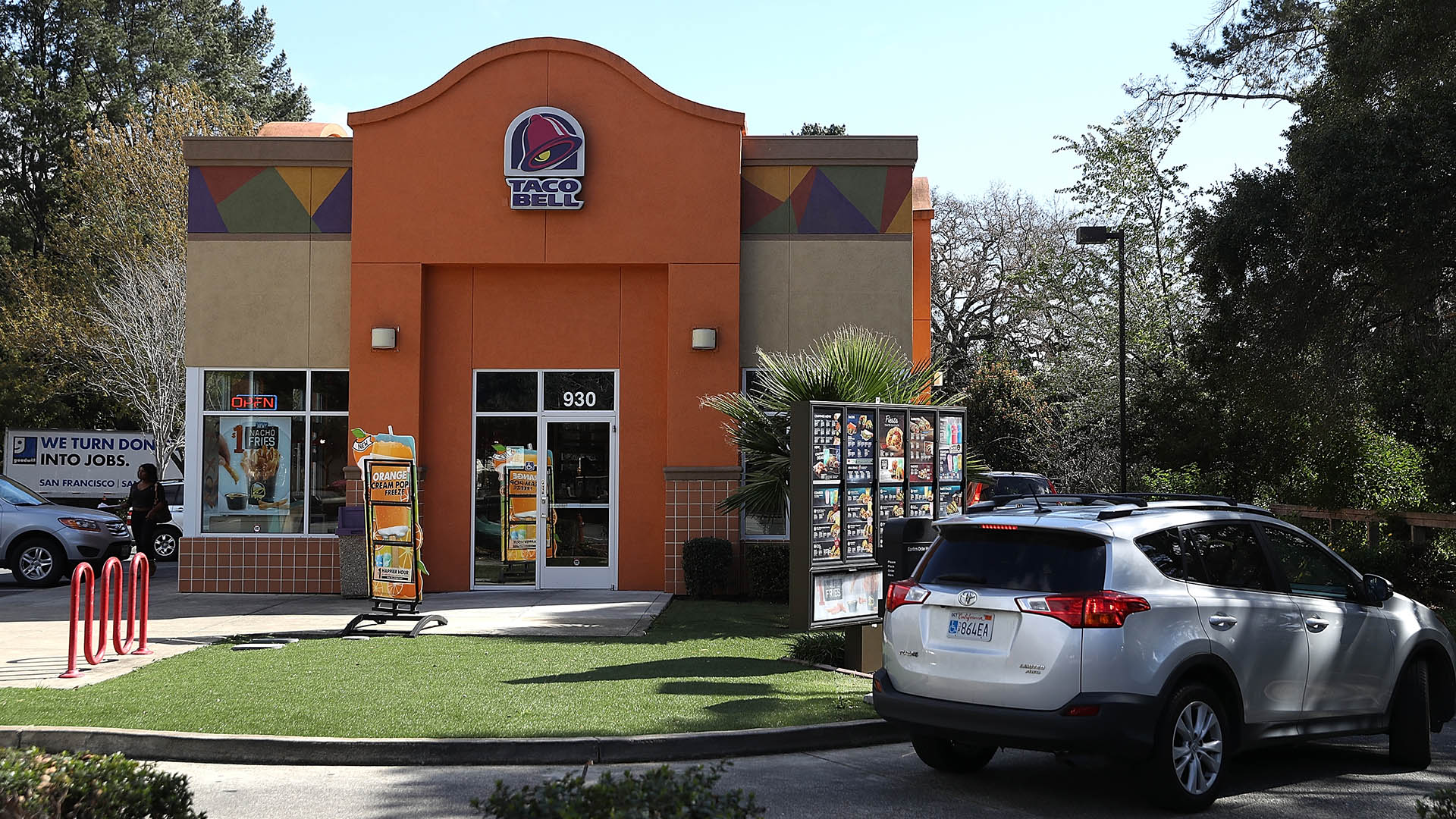New Jersey Couple Files Federal Suit Over Price Of Chalupas
While most of us disdain frivolous lawsuits, many of us also love to watch a trivial argument escalate far beyond its logical endpoint. So grab the popcorn for this one: A New Jersey couple is suing Taco Bell in federal court over a $2.18 price disparity in its Chalupa Craving Boxes, claiming the difference between the advertised price of the meals and the actual price charged at a restaurant violates the state's Consumer Fraud Act. Pettiness level? Fire Sauce.
The couple, Nelson Estrella-Rosales and Joann Estrella, filed the fraud suit in September against Yum Brands, Taco Bell's parent company. The suit alleges Taco Bell's commercials advertise the Chalupa Craving Boxes as costing $5 each, but when the couple finished their order at the Taco Bell near their Middlesex County home, they were charged $12.18. According to NJ.com, when the couple asked about the price discrepancy, the Taco Bell manager told them the commercial noted that "prices may vary," so not every Taco Bell was required to charge the $5 as advertised. This didn't sit well with the Estrellas.
"You can't tell someone you are going to charge them $5 in big bold print and then take it away with a fine print disclaimer," Douglas Schwartz, the attorney representing the Estrellas, told NJ.com. "It's consumer fraud being perpetrated upon not only citizens of New Jersey, but all over the country."
The lawsuit also names the ABC Corporation as a codefendant, presumably for its role in airing the commercial. The Estrellas claim that the advertising is not only fraudulent, but that it wasted their time in driving to Taco Bell, their gas money, and their $2.18.
A Taco Bell spokesperson defended the company to NJ.com, saying its advertisements are "truthful and accurate."
That the same fast food meal can vary in cost from one area to the next isn't news to most people; a Houston news station's investigation a few years ago found prices for the same meals varied widely within the same city. But the Estrella's case raises an interesting question: Prices vary, sure, but if you advertise a certain meal over and over again with a certain price tag, well, is that deceptive if not everyone gets the same deal? Presumably, Alaska and Hawaii residents are just rolling their eyes at all this.
